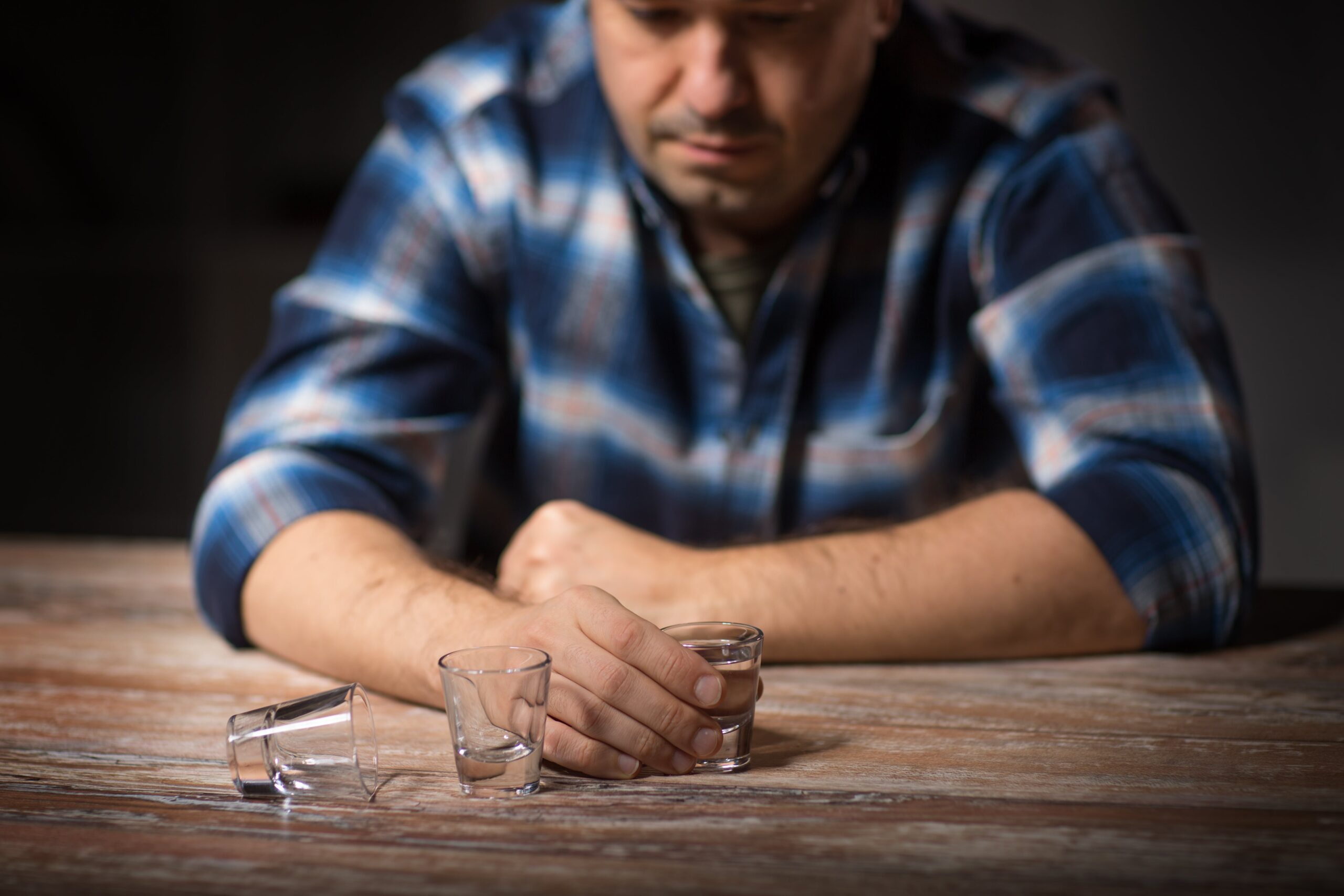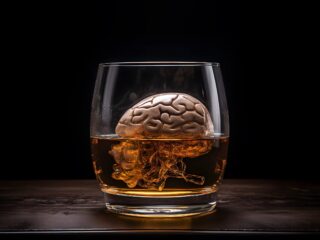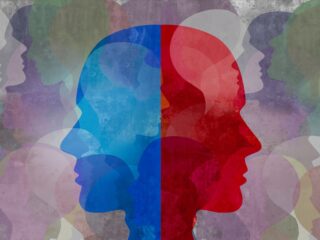Addiction is a complex and multifaceted condition that often feels impossible to overcome. Fortunately, a better understanding of how addictions develop and progress over time can help people understand the nature of addiction. Learning more about the stages of addiction can also help someone develop effective strategies for successful recovery.
Stage 1: First Exposure/Initiation
Stage 1 of addiction involves first exposure to and initiation of substance misuse. During this stage, individuals are introduced to substances they try for the first time. This introduction may take many forms, such as recreational use or experimentation with drugs or alcohol. Stage 1 also includes the initial experiences in using these substances.
This is one of the most crucial stages of addiction where patterns are developed, and future use is determined by how pleasurable (or not) they perceive the experience. If an individual finds their first use enjoyable, they’re more likely to try it again, even if their cognitive control mechanisms suggest otherwise. However, this does not mean they will always develop an addiction.
Stage 2: Drug Experimentation/Abuse
Stage 2 of addiction is when a person begins experimenting more frequently with drugs or alcohol. This may include binge drinking, trying new substances out of curiosity, or using larger amounts than needed. In this stage, addictive behaviors begin to emerge. Yet again, a person could easily stop drug use and undergo minor withdrawal symptoms since they have not become dependent on the substances at this stage.
Stage 3: Increased Use/Tolerance
Stage 3 is when a person’s drug use becomes increasingly frequent and compulsive. At this point, the individual’s tolerance levels have grown enough to require larger doses to achieve the same effect as before.
Psychological withdrawal symptoms will also begin to manifest, which can lead to feelings of distress or tension if unable to use the substance. During this stage, individuals will often be able to recognize how their excessive consumption has become problematic but find it difficult to stop on their own because of the undesirable withdrawal symptoms.
Stage 4: Dependence
Stage 4 is when a person fully becomes dependent upon alcohol or drugs. At this point, the user’s life becomes solely focused on substance use, and they may neglect important activities such as work, socializing, and family obligations in order to consume more drugs or drink alcohol.
During this stage, physical withdrawal symptoms will become increasingly severe if drug access is ceased abruptly. Most people who have developed dependence report feeling as if they cannot live without their substance of choice and feel powerless when trying to abstain from it.
Stage 5: Early Addiction
Stage 5 is where a person has progressed in their substance use to the point they are now addicted. This stage often includes extreme and risky behaviors, mood swings, aggressiveness, verbal or physical abuse, self-harm, anxiety, depression, problems sleeping or sleeping too much, and noticeable weight gains or losses.
Individuals can decide to seek help for their addiction. Unfortunately, many people are in denial at this stage and believe they have their substance use under control.
Stage 6: Full Addiction
Stage 6 is the point where a person’s addiction has developed to its most severe state. Individuals will lose control over their substance use. They can be in an altered mental state that can cause intense distress or emotional turmoil. In many cases, their addiction has become the focal point, and being able to use their substance of choice is the most important thing.
Stage 7: End-Stage Addiction
Stage 7 of addiction often marks a drastic change in an individual’s lifestyle. The abuse of drugs or alcohol has taken such a toll on their physical, mental, and emotional well-being that they may find themselves unable to lead a normal life without them. Individuals will be most vulnerable to physical and mental health problems, increased overdose risks, and death.
Stage 8: Detox and Treatment
The last stages of addiction include recovery as well as relapses. Stage 8 of addiction involves detox and addiction treatment. Here, individuals must confront their substance misuse as they cease to use through medically supervised detox programs. They will begin to understand the root causes of why they engaged in such behavior.
Treatment focuses on providing holistic and evidence-based therapeutic approaches to assist individuals in regaining control over their addictive behaviors as they work toward long-term success in recovery. This stage is often where many users find lasting freedom from their addiction with an ongoing commitment to therapy and self-care practices.
Stage 9: Lapses and Relapses
Lapses and relapses can occur as part of a person’s recovery journey. When they do, it is essential they seek out help to develop more effective coping strategies to deal with the triggers that lead to the lapse or relapse. The longer a person goes without a lapse or relapse, the less likely it will occur in the future.
Overdose Risks of Continued Use
The longer a person uses substances, the more their tolerance grows, resulting in having to use more of the substance to achieve the desired effects. This never-ending cycle also increases overdose risks and other health concerns, including:
- Heart attack
- Stroke
- Kidney failure
- Difficulties breathing
- Respiratory failure
- Seizures
- Blackouts
- Memory loss
- Coma
- Death
- Brain damage
- Increased accidents
Take Control of Addiction with Personalized Care in Columbus, OH
When you are ready to take the first steps to recovery, Ohio Addiction Recovery Center in Columbus, OH, is here to provide personalized, compassionate care in a safe, secure, and supportive environment. We can help those going through any of the stages of addiction get back on track. Our goal is to help you overcome your addiction and achieve long-term sobriety. Contact us to start rehab now.






